Keywords: Press
There are more than 200 results, only the first 200 are displayed here.
-
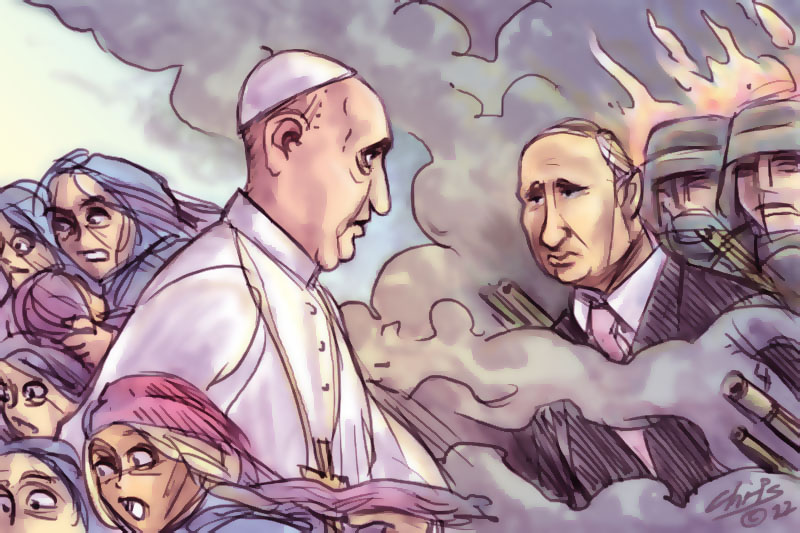
RELIGION
- Miles Pattenden
- 15 March 2022
19 Comments
Even as he sustains the papacy’s now traditional opposition to all forms of war and its emphasis on the extreme suffering war brings, especially to the innocent, Pope Francis has, in recent weeks, taken a different, more partisan approach which he and others must feel is justified.
READ MORE 
-
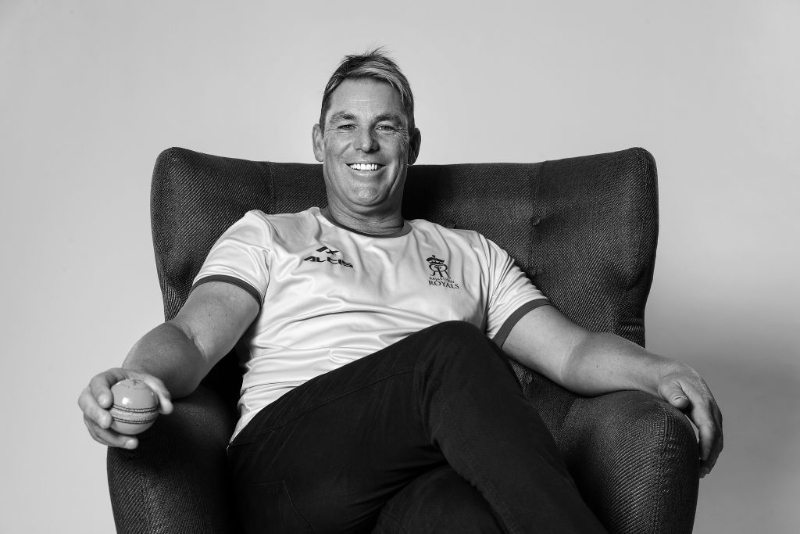
AUSTRALIA
- Binoy Kampmark
- 07 March 2022
8 Comments
It was once said of T. E. Lawrence that he had a tendency to back into the limelight. With the late Shane Warne, arguably the finest slow bowler cricket has ever produced, it edged towards him. His debut appearance against India in the 1991-2 home series in Australia was not auspicious. Paunchy, exuding a vernacular Australian coarseness, and initially wayward, he received an object lesson from India’s Ravi Shastri and the youthful Sachin Tendulkar at the Sydney Cricket Ground. But there were already those incipient signs: the slovenly look, the ear piercings, the peroxide hair.
READ MORE 
-

AUSTRALIA
- Andrew Hamilton
- 02 March 2022
10 Comments
In the last few weeks the threat of a Khaki election has loomed large In Australia. The invasion of Ukraine and tensions in relations with China have focused attention on which party can best ensure national security. This question will surely be pressed during the election campaign.
READ MORE 
-
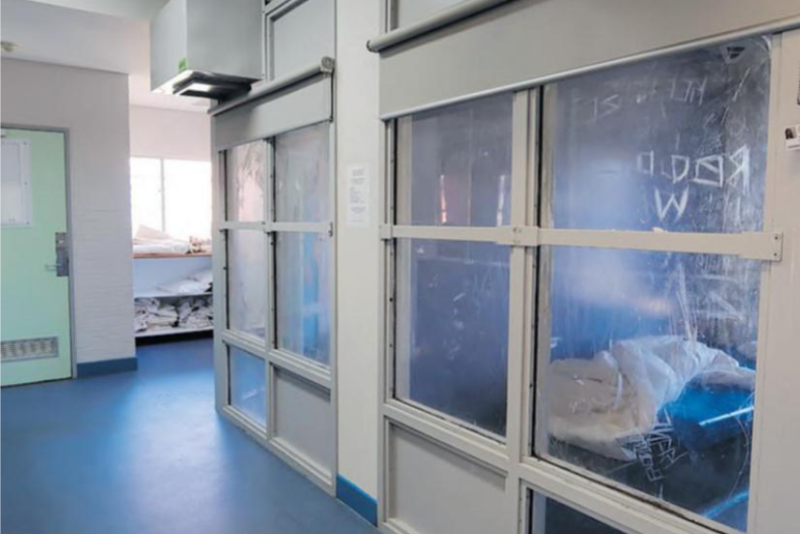
AUSTRALIA
- Julian Butler
- 22 February 2022
5 Comments
Having previously spent time as lawyer working predominantly in the Children’s Court of Victoria, there isn’t too much about the State’s treatment of young people that shocks me. That is, until a few weeks ago when I was drawn to the final item of The Weekend Australian’s editorial column. Under the heading, ‘Hurt boy’s inhuman treatment’, was set out the details of a 15-year-old West Australian boy who had been ‘locked alone in a glass-walled observation cell of a juvenile detention centre in the southern suburbs of Perth for 79 days.’
READ MORE 
-

AUSTRALIA
- Frank Brennan
- 22 February 2022
1 Comment
In recent days, if you were to listen to the media reports, you could be forgiven for thinking that religious educators want to retain a right to exclude children or teachers from their schools on the basis of their gender or sexual orientation. Nothing could be further from the truth. Or nothing should be further from the truth.
READ MORE
-
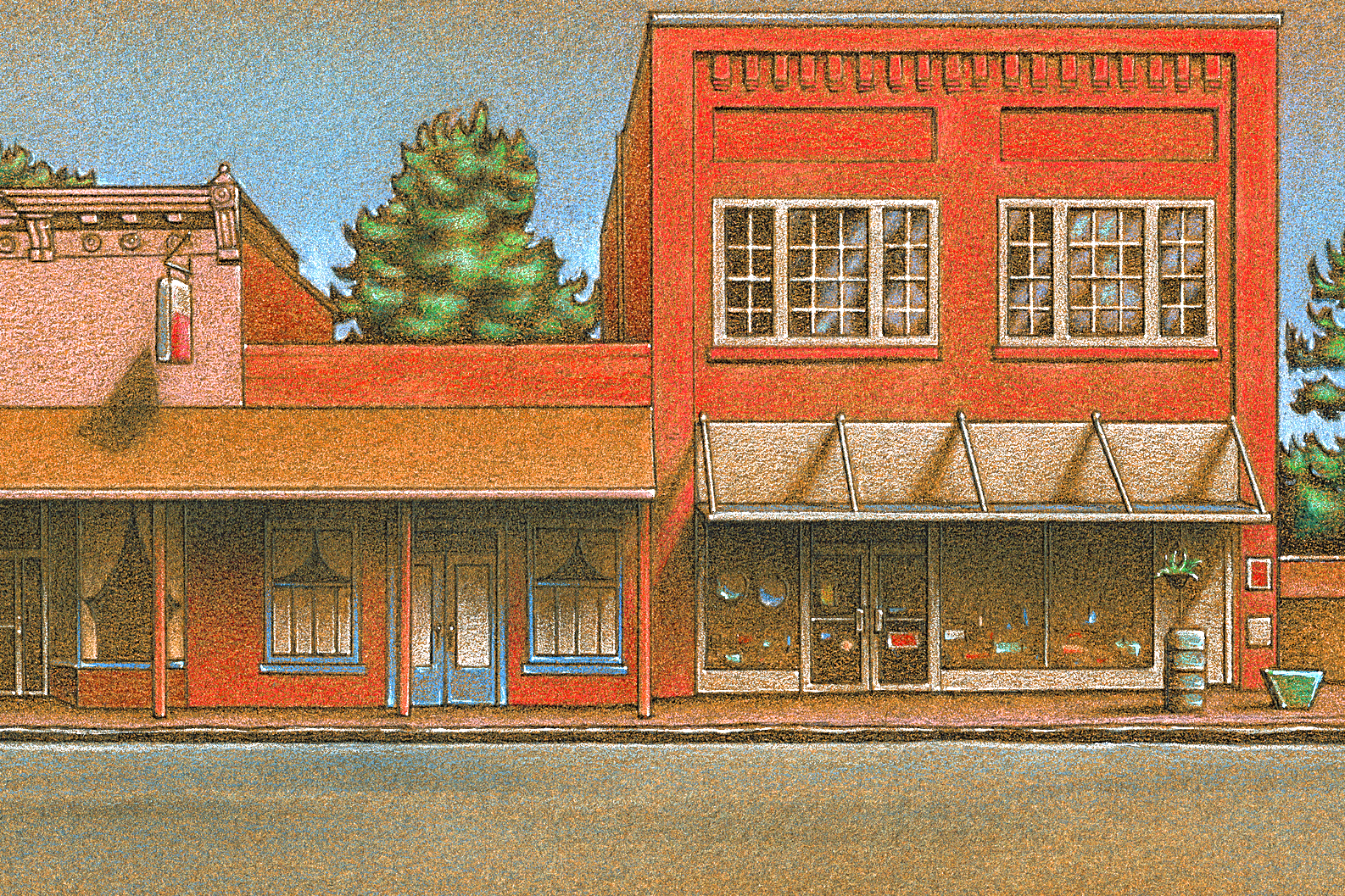
ARTS AND CULTURE
- Paul Mitchell
- 10 February 2022
6 Comments
American novelist Jonathan Franzen has in his last three fictional works taken words that loom large in the collective consciousness and built worlds around them. First, it was Freedom (2010), then Purity (2015), and now Crossroads (2021). The latter title, of course, refers to a literal and figurative decision-making moment, but also the mythic locale where blues singers, notably Robert Johnson, made their pacts with the devil.
READ MORE 
-

AUSTRALIA
- Binoy Kampmark
- 08 February 2022
12 Comments
It should be troubling for anyone, religious, secular or agnostic, to be told that a human being wields anything approximating to ‘God like’ powers. That very suggestion implies a power unreviewable, unaccountable and at odds with the earthly rule of law.
READ MORE 
-
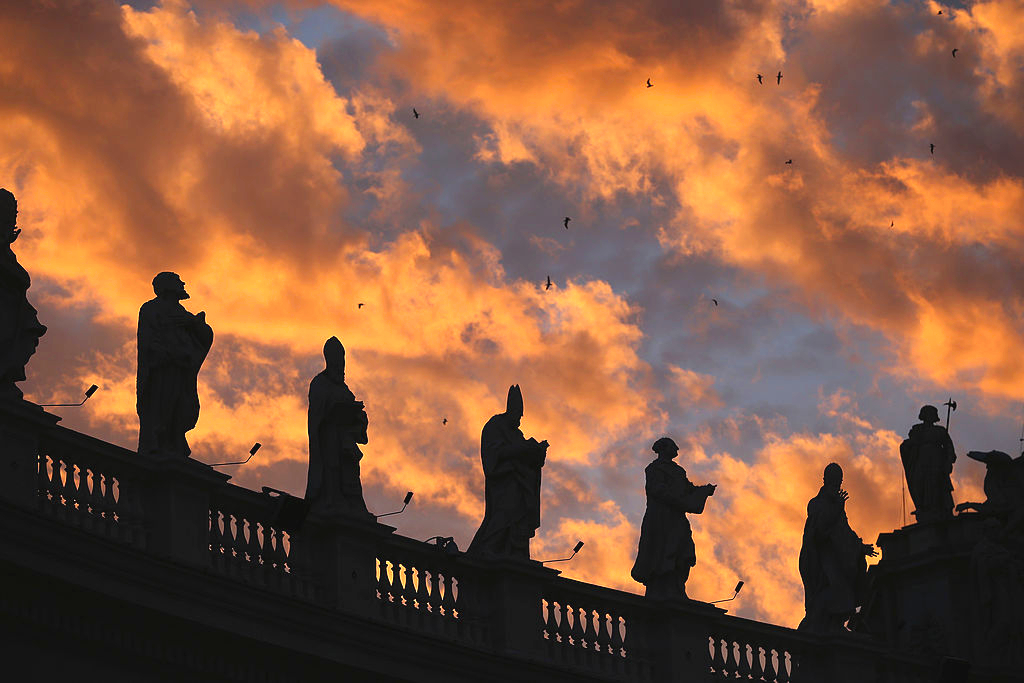
RELIGION
- Miles Pattenden
- 27 January 2022
31 Comments
Many Catholics will have found the news from Germany this past week painful. A law firm, Westpfahl Spilker Wastl, has presented findings in its investigation into historic sexual abuse in the Munich archdiocese. Running to 1,000 pages, the report is shocking: it lists at least 497 victims for the period 1945–2019 and identifies 235 probable offenders including 173 priests and nine deacons.
READ MORE 